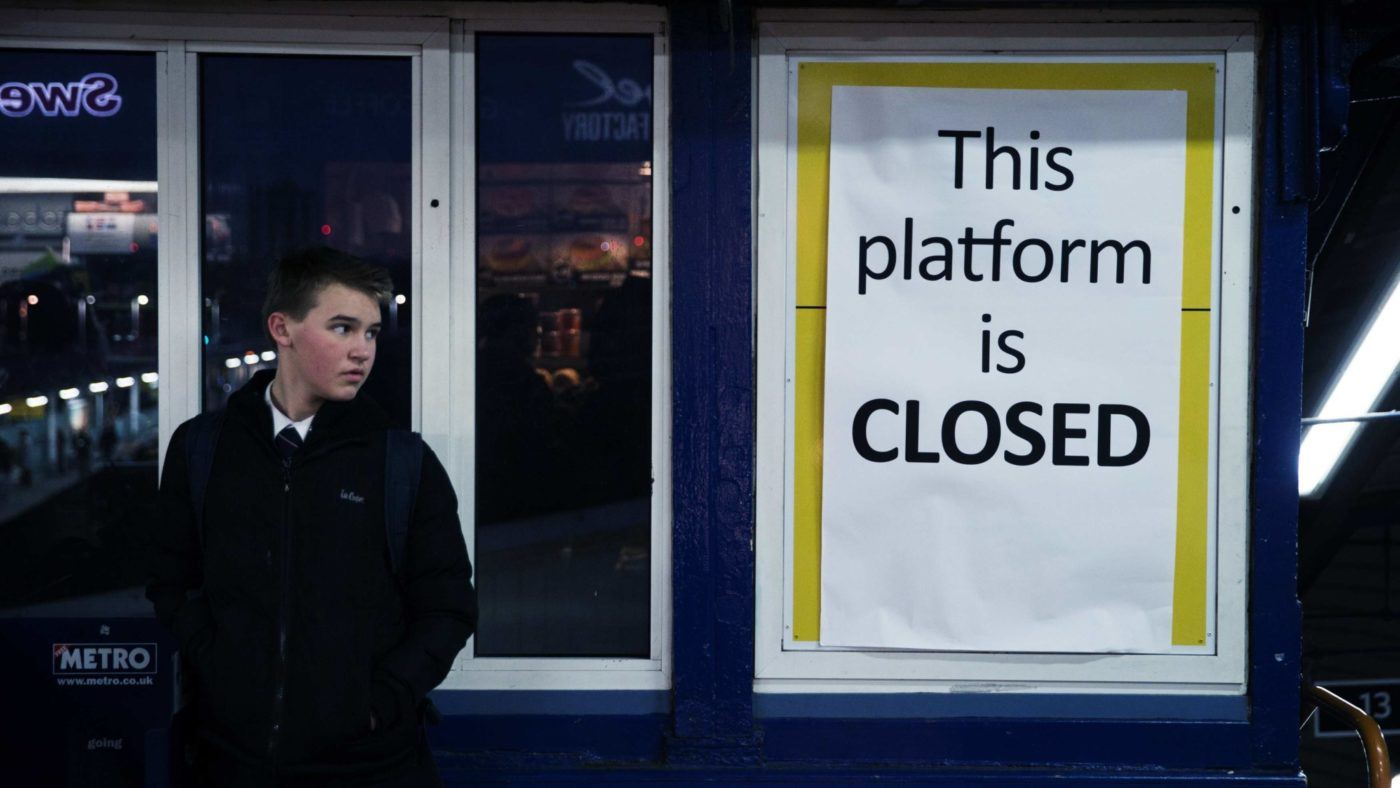An awful lot of centre-right ink has been spilled in recent weeks about how the battle for capitalism is being lost. The threat of a prime minister who wants replicate the actually, existing socialism currently on display in Venezuela seems to have concentrated minds.
However, you can hardly blame Corbyn voters for their dissatisfaction with the status quo. Take the Labour leader’s proposed renationalisation programme, which would bring energy, the railways, the Royal Mail and more back into public ownership. That idea is so appealing because when private firms take over public functions, the end results are often so unsatisfactory and unpopular.
Rail renationalisation makes little sense on any level. But the Southern Rail fiasco is hardly a good advertisement for privatisation, and may have cost the Tories seats in Croydon, Brighton and Eastbourne last month. It is this, not just a sense that that too many people have no stake in a capitalist economy, which poses such a threat to free enterprise.
Too often, the private provision of public services means a lousy deal for everyone but the shareholders. The Americans have a saying for this: a shoddy job is “good enough for government work”. The Urban Dictionary defines it thus: “Probably not the best, but what the hell, at least we got the job done to minimally acceptable standards.”
The phrase came into widespread use during the Second World War – and its original meaning was the opposite of the current one. Back then, “good enough for government work” meant that a product would pass the most rigorous inspection and was of the highest quality possible. That was vital when the product was an M1 rifle or a B-24 bomber.
All too often in Britain, however, it seems that when the private sector takes over responsibility for things that the public used to do, the test it sets itself is whether what it does is good enough for government work. And not in the old sense.
When I was a Ministry of Justice civil servant, contractors responsible for repairs at one of Britain’s largest prisons left a visible rats’ nest undisturbed for six months. Not clearing it out immediately was “good enough for government work”.
When a private train company runs a commuter railway that would shame a developing nation, it keeps the franchise because it meets the “good enough for government work” standard.
It isn’t surprising that in polls of customer service satisfaction, many of the the privatised utilities usually come at the bottom of the list. Often even behind banks.
The short-term impact is that prisoners and prison staff are brutalised, commuters can’t get to work, and customers feel ripped off and ignored. But there is also a longer-term price in the way that it damages the reputation of free enterprise itself.
There is no inherent reason that the very highest standards should be the preserve of state employees. Many of the best state-funded schools in England are run by non-state providers like ARK and Harris. Most NHS patients are very satisfied by the care offered by their GPs – three-quarters of whom are partners in a small business providing free treatment on a contractual basis. There is no doubt that the Civil Service needs to get better at managing these contracts, too.
But if the battle for free enterprise is going to be won, then it should start with those companies who take on public services and make certain that they do a better job than the state did in the past. They need to rediscover the original meaning of “good enough for government work” and prove to the public that the state does not have a monopoly on public-spirited service. If those businesses don’t, then Venezuela could come that little bit closer.


